New Delhi – Union Home Minister Amit Shah has expressed unwavering confidence in the passage of the Constitution (130th Amendment) Bill, 2025, despite facing intense opposition criticism. Amit Shah On PM CM Bill discussions have revealed the government’s determination to establish unprecedented accountability measures for India’s highest political offices.
Government’s Vision for Constitutional Accountability
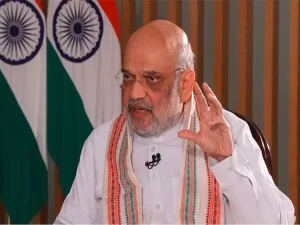
The proposed legislation represents a groundbreaking approach to political accountability in India. Amit Shah On PM CM Bill statements emphasize that the amendment would automatically remove Prime Ministers, Chief Ministers, and Ministers from office if they face arrest and detention for 30 consecutive days on charges carrying five years or more imprisonment.
Shah defended the bill’s constitutional foundation, highlighting that it aims to uphold “constitutional morality” and public trust. The Home Minister’s position on Amit Shah On PM CM Bill demonstrates the government’s commitment to applying these standards equally across party lines, including members of the ruling party.
Historical Context and Political Precedent
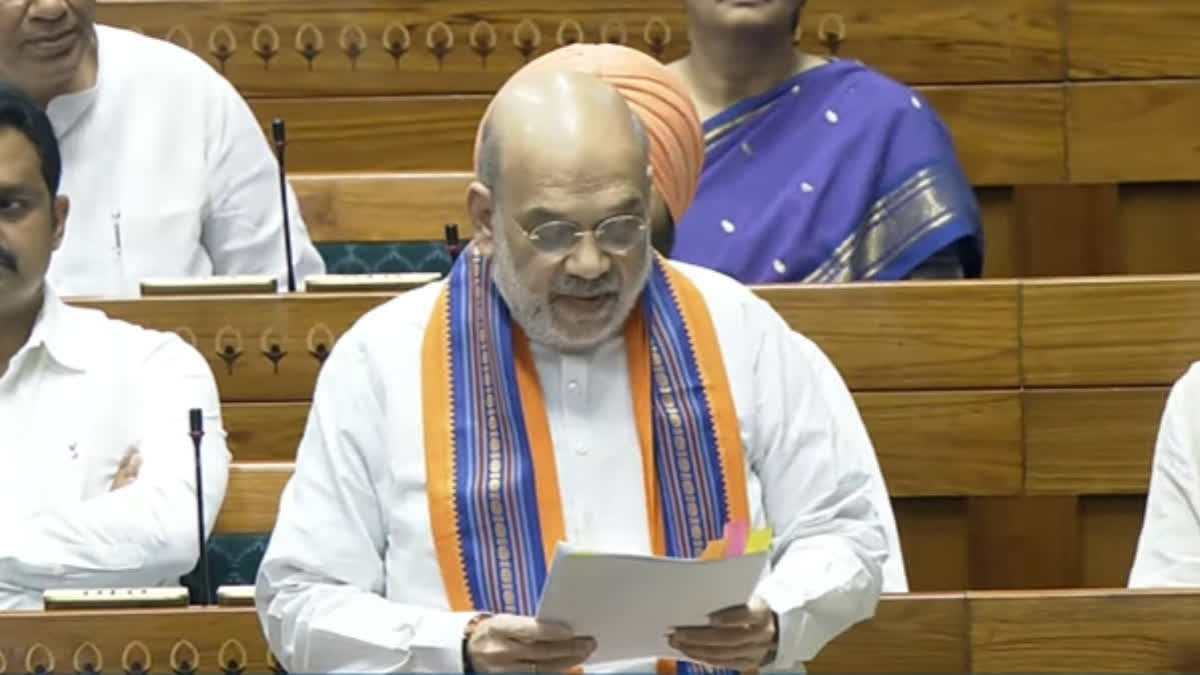

Drawing historical parallels, Shah referenced former Prime Minister Indira Gandhi’s 39th Amendment, which protected high constitutional offices from judicial review. In contrast, Amit Shah On PM CM Bill represents a complete reversal of this approach, with Prime Minister Narendra Modi proposing constitutional restrictions on his own office.
The Home Minister emphasized this unprecedented step, stating that the Prime Minister himself included his position within the amendment’s scope. This decision marks a significant departure from traditional political self-preservation instincts, as Amit Shah On PM CM Bill discussions reveal the government’s willingness to subject itself to the same accountability measures it proposes for opposition leaders.
Joint Parliamentary Committee Scrutiny Process
The bill has been referred to a Joint Parliamentary Committee comprising 31 members from both houses of Parliament. This committee will conduct detailed scrutiny and provide recommendations before the legislation proceeds to a parliamentary vote. Amit Shah On PM CM Bill commentary suggests confidence in the democratic process, despite opposition resistance.
The JPC process ensures comprehensive examination of the proposed constitutional amendment. Shah’s statements regarding Amit Shah On PM CM Bill indicate the government’s belief that thorough parliamentary scrutiny will demonstrate the legislation’s constitutional validity and necessity.
Opposition Criticism and Government Response
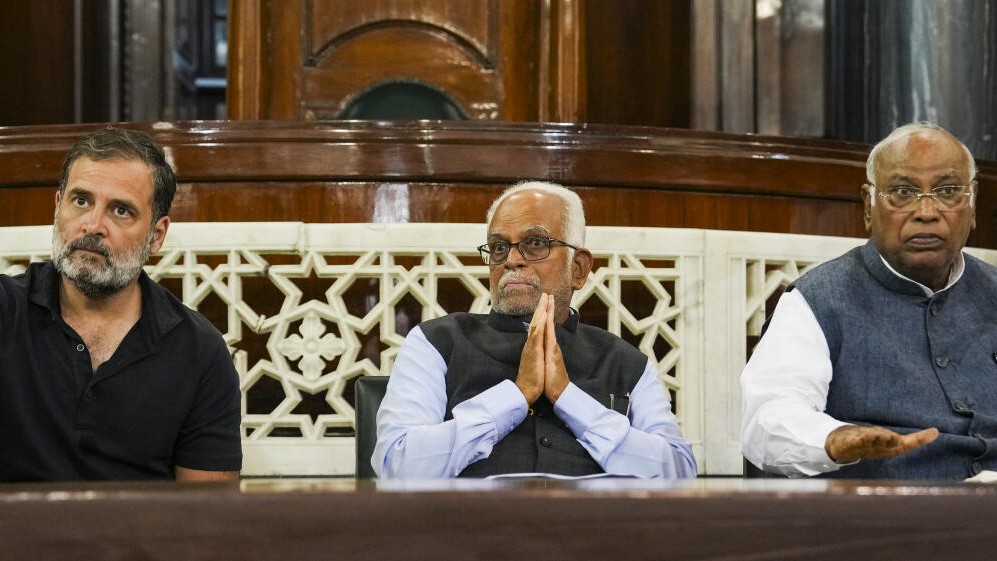

Opposition parties have accused the government of harboring political motives to destabilize non-BJP governments. However, Amit Shah On PM CM Bill responses systematically address these concerns, emphasizing the legislation’s universal application and judicial safeguards.
Also Read: Indian Envoy Vinay Kumar’s Defiant Statement Against Devastating 50% US Tariffs
Shah dismissed claims that the government could pressure courts to delay bail decisions under the amendment. His explanations regarding Amit Shah On PM CM Bill highlight the judiciary’s independence and ability to make timely bail decisions before the 30-day threshold.
Judicial Oversight and Fairness Mechanisms
The Home Minister emphasized that courts would serve as crucial checks against potential misuse of the proposed amendment. Amit Shah On PM CM Bill statements clarify that the legislation includes provisions allowing leaders who secure bail, even after 30 days, to retake their oath and return to office.
This flexibility demonstrates the government’s commitment to fairness while maintaining accountability standards. Shah’s position on Amit Shah On PM CM Bill reveals confidence in judicial institutions to balance constitutional requirements with individual rights.
Case Study: Arvind Kejriwal Reference
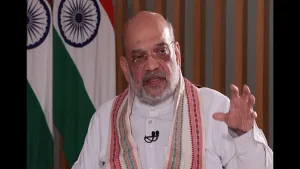

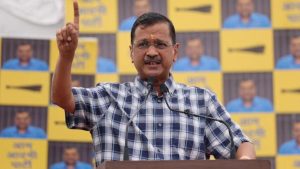

Addressing specific examples, Shah referenced Aam Aadmi Party convenor Arvind Kejriwal’s situation, noting that he received bail within 30 days. The Home Minister’s comments on Amit Shah On PM CM Bill suggest that current political scenarios validate the amendment’s necessity and workability.
Shah argued that constitutional framers never anticipated situations where elected officials would continue governing while imprisoned. This reasoning underpins the government’s justification for the proposed amendment.
Parliamentary Opposition and TMC Boycott
The Trinamool Congress’s boycott of the Joint Parliamentary Committee has drawn criticism from the Home Minister. Shah’s statements regarding Amit Shah On PM CM Bill emphasize the government’s commitment to providing fair participation opportunities for all parties.
Despite opposition resistance, Shah maintained that the JPC process would continue, ensuring all willing parties could contribute their perspectives to the constitutional amendment debate.
Future Implications and Public Support
Shah expressed confidence that many opposition members, including Congress party representatives, would ultimately support the amendment based on moral grounds. His optimism regarding Amit Shah On PM CM Bill passage reflects the government’s belief in the legislation’s fundamental righteousness.
The Home Minister emphasized that governance cannot halt due to opposition resistance, suggesting the amendment’s importance transcends partisan politics.
Concluding Statements
The Constitution (130th Amendment) Bill represents a watershed moment in Indian political accountability. Shah’s comprehensive defense demonstrates the government’s commitment to constitutional morality while addressing opposition concerns through democratic processes and judicial oversight mechanisms.

